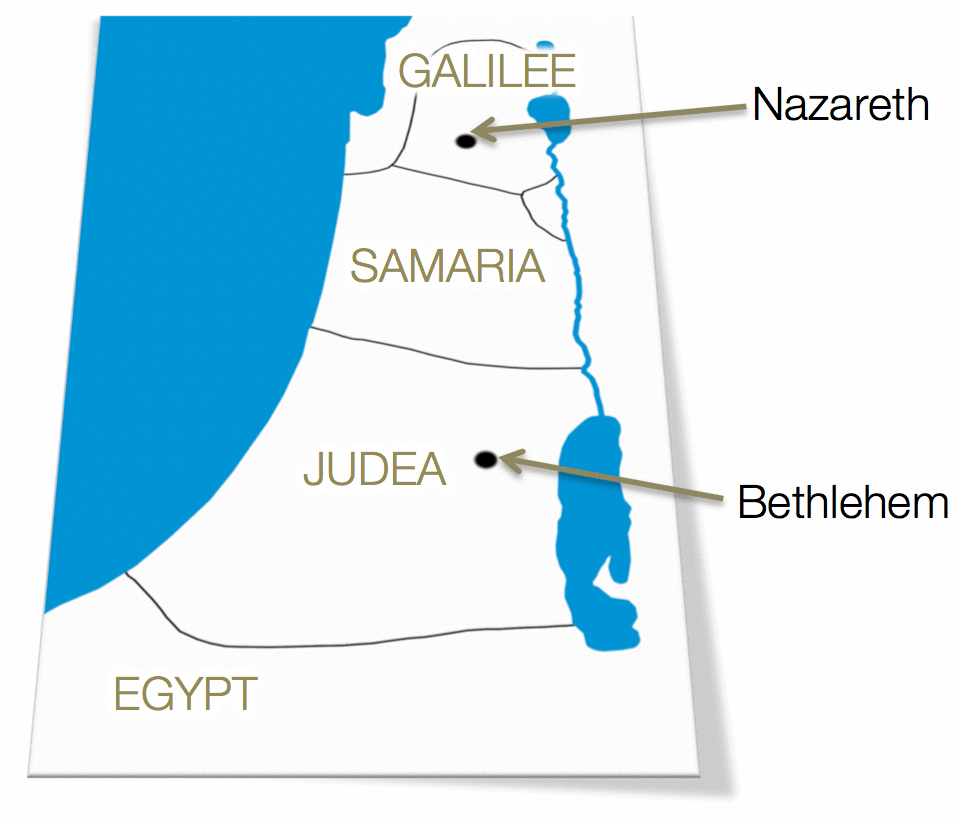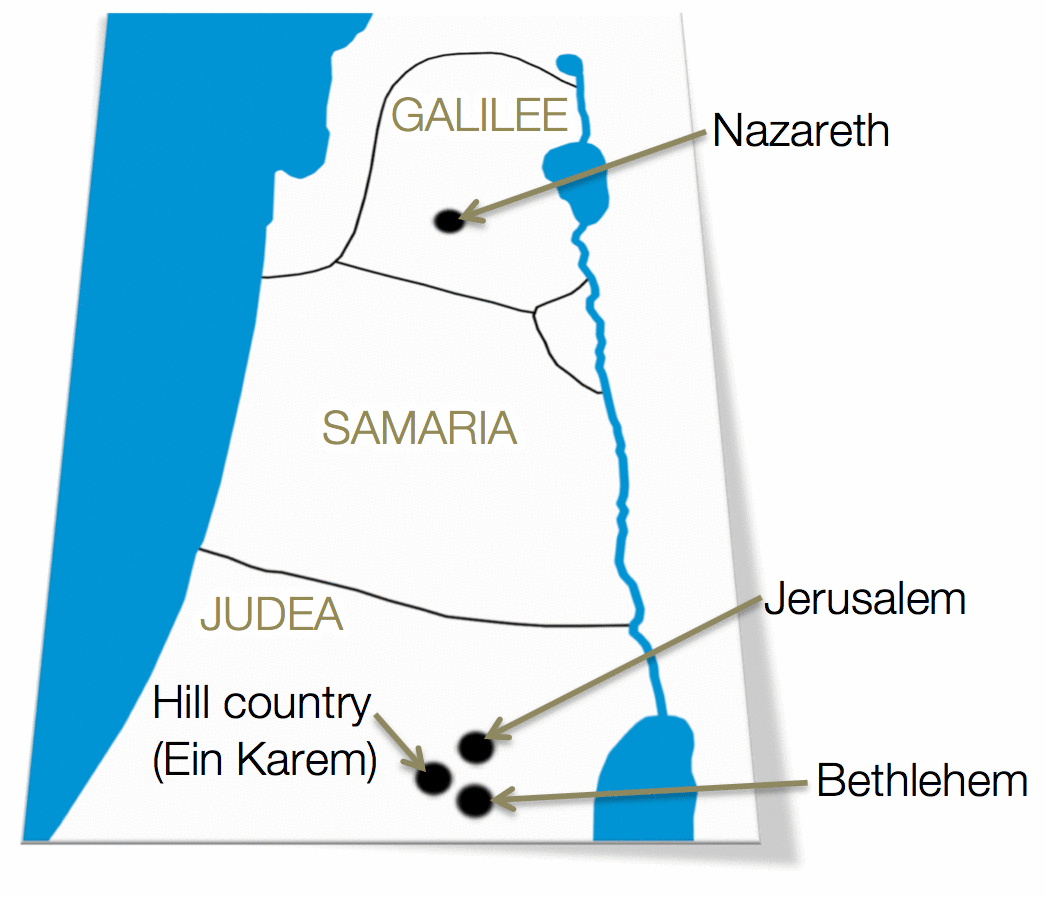- Jan 26, 2013
- 1,017
- 445
- Country
- United States
- Faith
- Christian
- Marital Status
- Married
- Politics
- US-Constitution
I suppose one could, in the strictly sense interpolate it that way. But generally speaking they did in fact return to Nazareth, just by way of Bethlehem and Eqypt and Luke's reasons for glossing over that can be deemed similar to why the Synoptics by and large focus on Jesus' last year of ministry, while John's Gospel also includes the 2 years prior.Thanks for your reply attempting to combine the two stories.
Yes verses 39 and 40 summarise a roughly 12 year period.
But let's look at verse 39:
"When Joseph and Mary had done everything required by the Law of the Lord, they returned to Galilee to their own town of Nazareth."
So the verse certainly does imply Luke was summarizing but beyond that I don't believe we should read too much into it; and interpret it like some rigid mathematical formula. After all Luke does skip past 12 years pretty quickly and then skips another 18 after he documents Jesus' probable bar mitzvah and coming of age.
Why did Luke leave out the flight to Egypt? Well for one we should understand that Matthew documents it as well as the slaughter of the innocents as prophesy. While one might speculate that Luke was unaware of Matthew, it is equally likely to speculate Luke thought Matthew's mention of it was enough, or perhaps he did not feel this particular prophecy was important or germane to his main narrative.
All that of course is speculation but so is thinking the two accounts are contradictory when they are merely summarizing early events. Notice the wise men come to a house in Bethlehem not the manger. This gives the appearance of them settling or staying with someone in the town.
- 11 And when they had come into the house, they saw the young Child with Mary His mother, and fell down and worshiped Him. And when they had opened their treasures, they presented gifts to Him: gold, frankincense, and myrrh.Then, being divinely warned in a dream that they should not return to Herod, they departed for their own country another way.Now when they had departed, behold, an angel of the Lord appeared to Joseph in a dream, saying, “Arise, take the young Child and His mother, flee to Egypt, and stay there until I bring you word; for Herod will seek the young Child to destroy Him.” When he arose, he took the young Child and His mother by night and departed for Egypt, and was there until the death of Herod, that it might be fulfilled which was spoken by the Lord through the prophet, saying, “Out of Egypt I called My Son.”
- But when he heard that Archelaus was reigning over Judea instead of his father Herod, he was afraid to go there. And being warned by God in a dream, he turned aside into the region of Galilee. And he came and dwelt in a city called Nazareth. Matthew 2:22-23
Keep in mind also that it was only after some reasonable time had expired that Herod actually sought to kill the babes whom he saw as his prophesied competition. Herod’s infanticide atrocity is also attested to by the Roman historian Macrobius Saturnus;
- “When Augustus had heard that, along with the children within two years of age which Herod king of the Jews commanded to be slain in Syria, that he had his own son murdered also, he said, ‘It is better to be Herod’s pig than his son.” Macrobius, Saturnalia 2.F.11.
- This appears to be a comment made just prior to Herod's death, which the historian Josephus accounts for; and an infererence of how Herod, as a Jew, would not kill a pig, but had no trouble taking out 3 his son, as well as many other innocents he murdered.
Upvote
0


